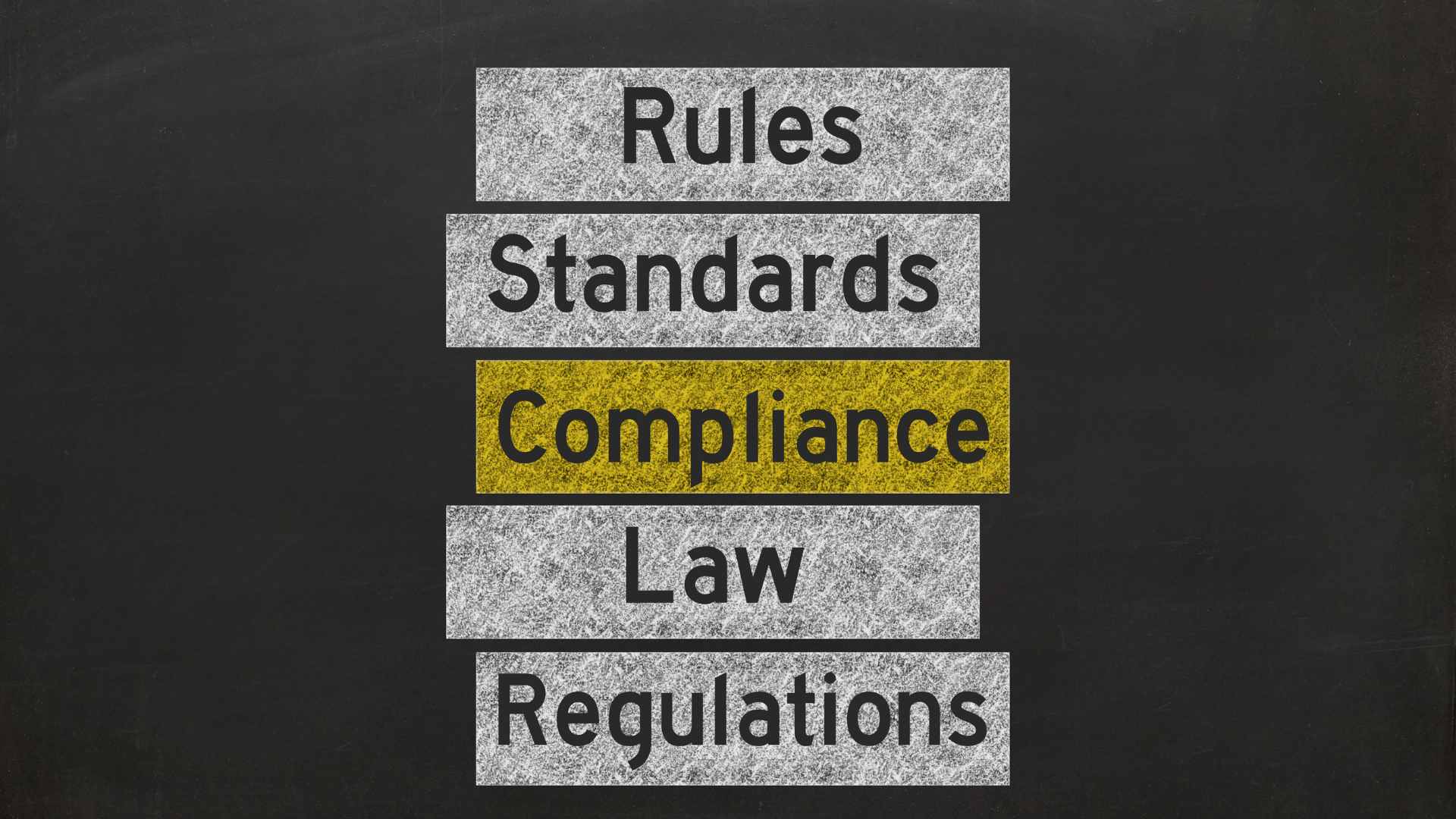VIEW BY TOPIC
- Finding Customers
- Business Systems
- Managing Employees
- Leadership
- Managing Money
Related Posts

Ready to Grow Your Business Fast?
Here’s How I Grew Five Businesses, and Eventually Sold One to a Fortune 500 Company.

Leaders believe that the business environment in Australia (AU) is dynamic and multifaceted. Central to navigating this intricate landscape is understanding and adhering to employment laws. Furthermore, these laws protect both entrepreneurs and team members alike.
As the Australian government also explains on its website: the employment act, with all its facets, is in place to ensure the best working conditions for all. For this reason, business owners could be the instigators for adhering to the law and modeling safe, fair treatment to their staff.
The guide below will help you, as an Australian business owner, to grasp and traverse the complex world of employment laws. It’s a must-have in your business toolkit, so please continue reading:
A Glimpse Into Employment Laws
Foremost, it’s essential to grasp that employment laws, like the fair work legislation in AU, are for protection and not complications of the employment process. More importantly, they govern recruitment, working conditions, termination procedures, and benefits, among several other aspects.

Keeping informed about all the employment-related laws facilitates a safe, fair, and productive work atmosphere. Here are some of the essential features of these laws to consider:
- Provide for and maintain the workers’ compensation insurance with the government
- Include workers from vulnerable demographics like those with disabilities
- Uphold a healthy and safe workplace that abides by safety codes, standards, and regulations
- Arrange retirement payments for all staff members
- Remunerate staff according to the set minimum wages; and the like.
In AU, employment laws encompass federal, state, and territory regulations. Thus, comprehending and complying with all relevant laws can pose a challenge.
Yet compliance is crucial for all business owners. Overlooking laws can lead to significant penalties, legal disputes, and reputational damage – scenarios that are considered nightmares for business owners.
The Significance Of The Fair Work Act 2009
A crucial employment law that every Australian business owner should be well-acquainted with is the Fair Work Act 2009. This act outlines the rights and responsibilities of employees, employers, and unions in Australia. It covers minimum employment conditions, modern awards, unfair dismissal laws, and the functions of the Fair Work Commission too.
Understanding the implications of the Fair Work Act 2009 ensures fair labor practices and compliance – affecting most private and public employment.
Grasping The Work Health And Safety Act 2011
The safety and health of employees are pivotal elements contributing to the overall success of any business. The Work Health and Safety Act 2011 (WHS Act) encompasses everything a business owner can do to prioritize their employees’ health, safety, and welfare.
Company managers should prioritize understanding WHS regulations as it aids in preventing workplace mishaps and fosters a conducive work atmosphere. Moreover, displaying the stipulations of this law around the workplace could inspire workers to remain vigilant and support each other for a secure workday.
Deciphering The Disability Discrimination Act 1992
Inclusivity isn’t just a moral obligation; Australian law mandates it. The Disability Discrimination Act 1992 (DDA) prohibits discrimination against individuals with disabilities in all areas of public life, including employment.
The Act obliges businesses to make necessary accommodations so employees with exceptionalities can seamlessly transition into the general workspace. Additionally, it’d foster or cultivate an inclusive and diverse workforce.
The Role Of The Sex Discrimination Act 1984

The Sex Discrimination Act 1984 (SDA) is another law that plays a fundamental role in ensuring fair treatment in the workplace. This Act prohibits discrimination based on sex, marital or relationship status, family responsibilities, breastfeeding, pregnancy, potential pregnancy, and sexual orientation.
If business owners enforce a culture of respect for all, it’d lead to a workplace free from bias and discrimination. A firm grasp of the SDA can help business owners foster a respectful and fair workplace free from prejudice and discrimination.
Getting A Grip On The OAIC Privacy Laws
The Office of the Australian Information Commissioner (OAIC) oversees and regulates the various privacy laws businesses can take note. Although the employment laws don’t directly include these, they could still have devastating consequences if organizations choose not to obey them.
As a more exact explanation, there are thirteen privacy principles that all fall under the legislation. These intend to regulate how businesses deal with sensitive information. So, it’d include, but isn’t limited to, the following:
- Access to personal information from employees
- Collection, storage, and sharing of said data
- Forms of communication that could contain private details; and the like.
Fortunately for employees, the principles stretch over numerous sectors and activities, thus offering them peace of mind that their confidentiality will remain. To be even more specific: when companies enforce strict data protection policies and other measures to keep data out of the hands of criminals.
More About Compliance And Enforcement
As with any other law of the country, there’s a governing body to take care of infringements of the employment laws. In Australia, it’s the task of the Fair Work Ombudsman. Their primary role and objective are to ensure that all businesses uphold the rules fairly by using any of the following strategies:
- Investigate the workplace to observe how the business owner enforces compliance
- Send compliance notices to the business as a warning
- Advise companies of any issues by giving them an infringement notice
- Issuing fines, commencing litigation, or involving law enforcement to remedy the infraction; and so on
One component that the Ombudsman takes very seriously is bribery – giving, receiving, or soliciting a bribe could land a business in hot water with the authorities.
Key Takeaways on Employment Laws
Understanding and complying with employment laws should be a priority for Australian business owners. These laws are integral to nurturing a safe, productive, and inclusive workplace through different practices like fair pay and so on. Remember: ignorance of these laws isn’t an excuse, and adherence isn’t optional.
Bear in mind that this guide is merely a starting point. The complex and evolving nature of employment laws calls for continuous learning and adaptation. Therefore, consider engaging a legal advisor or human resources (HR) professional to ensure your business complies.
As the saying goes, knowledge is power. Henceforth, understanding employment laws is a formidable tool for a business owner. Embrace this knowledge, harness its potential, and witness your business thrive.














